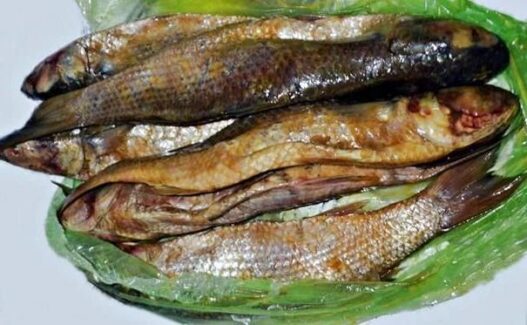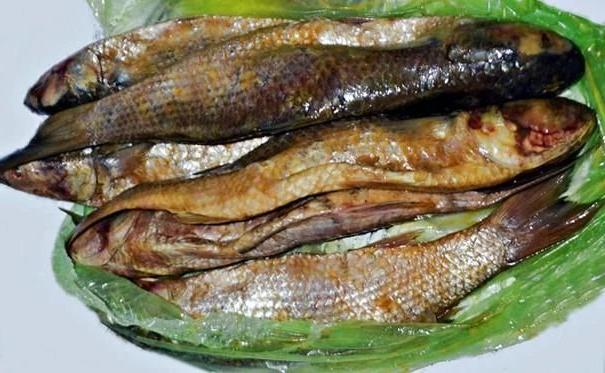If you’re ever in Egypt and someone invites you to try their national dish, don’t rush to accept. What they’ll offer you might not be a simple meal, but a deadly delicacy.


Fesikh is a heavily salted and fermented fish that carries an alarming amount of nitrites and botulinum toxin, making it one of the most dangerous foods in the world. Every year, Cairo’s hospitals receive numerous cases of food poisoning from Fesikh, many of which are fatal. The fish sold in markets often contains botulinum toxins that can kill an adult within 36 hours.

Despite the risks, nearly every Egyptian eats Fesikh several times a year, especially during festivals. But what makes this seemingly simple dish so captivating?
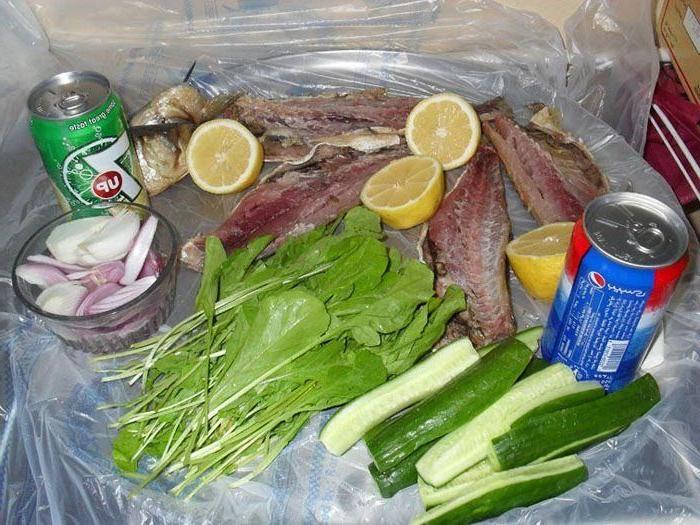
From Harvesting to Rotting: The Hidden Dangers of Its Preparation
The preparation of Fesikh is a culinary and biological gamble. Each spring, Egyptians catch the first wave of mullet fish from Lake Badaweer. The fish are then dried in the sun and soaked in high-salinity water for at least 40 days. During this time, the fish rots and transforms, changing from fibrous to gelatinous. It starts to look much like fermented trash or moldy sandals.

The taste is pungent. For some, the first bite may feel like eating something spoiled. But after a few bites, the flavor grows on you. French tourist Sam Junior even described it as “heavenly.” While this comparison is bold, it captures the experience.

This lengthy fermentation process turns an ordinary fish into a prized dish. However, it also creates the perfect environment for botulinum bacteria to thrive. Despite its unappetizing appearance, Fesikh remains a staple in Egyptian cuisine due to its deep cultural significance.
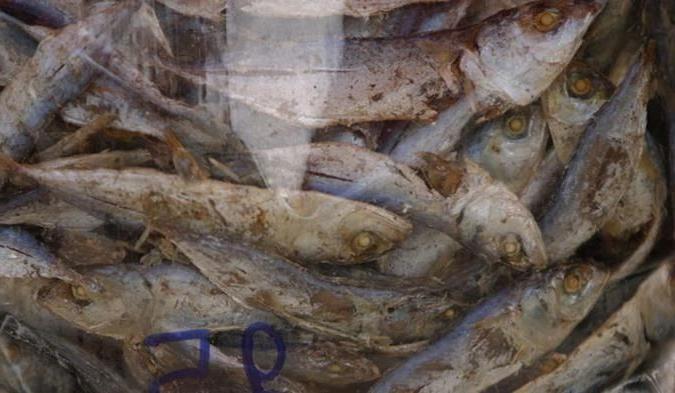
The Deadly Delight: What Happens After You Eat It
Take Ibrahim Shasheen from Giza, who ate several pounds of Fesikh at a friend’s party. Just five hours later, he experienced a hellish transformation. His symptoms included dry mouth, rapid breathing, intermittent blindness, vomiting, diarrhea, and finally paralysis, before he collapsed on his living room carpet. When the hospital received him, he and his vomit were both equally unbearable.

In ancient Egyptian, Fesikh was named after the toes of the Nile god Arukaet, believed to be blessed by the gods. Despite its deadly potential, Egyptians have always considered it to be safe because of the high salt content, which prevents it from appearing to spoil. This belief in the fish’s safety persists, despite the mounting evidence of its dangers.

Salt and Death: A Conflict Between Belief and Risk
Despite warnings from Egypt’s health department every year, urging people to avoid Fesikh, many Egyptians continue to eat it. It is not only a food but a symbol of cultural pride. Particularly during celebrations like Eid, when the end of Ramadan is marked by Fesikh on the table, Egyptians believe that the strong, pungent flavor revives their stomachs after fasting. For them, it’s a grounding tradition that fights off sickness.

Though Fesikh‘s danger is well-known, the love for it remains unshaken. People consume it as a rite of passage, a cornerstone of their traditions.
New Competitors: The Rise of Salted Herring
While Fesikh remains popular, cheaper alternatives like salted herring have begun to challenge it. Salted herring is much less expensive, priced at around $4 per kilogram, compared to Fesikh, which can cost as much as $12 per kilogram. For many families, Fesikh is a rare treat, and they might opt for the cheaper herring instead.
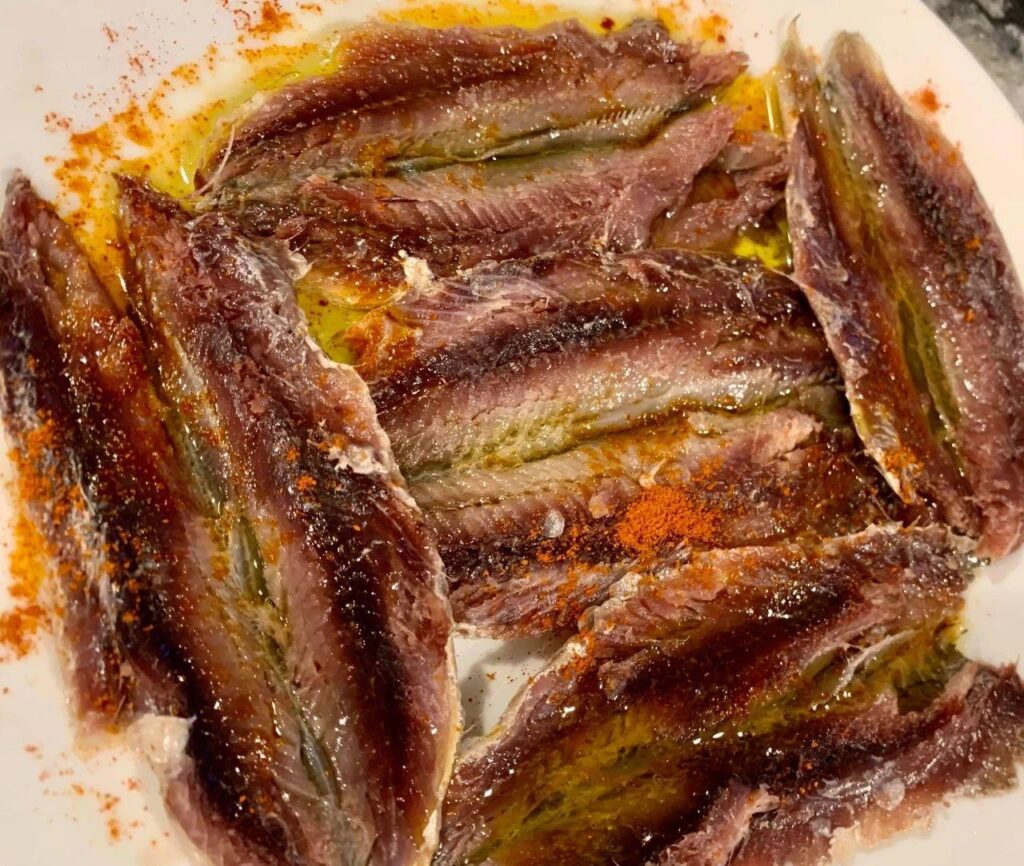
Nevertheless, Fesikh still holds a special place in Egyptian homes, particularly during festive occasions. Many people even choose to ferment their own fish at home, using coarse salt and plastic containers to recreate this rotting delicacy, which unfortunately leads to even more cases of food poisoning.

A Cultural Obsession: The Enduring Legacy of Fesikh
For most Egyptians, eating Fesikh is more than just about the food. It is deeply tied to their culture and their identity. Though it may be dangerous, the dish has become inseparable from the fabric of Egyptian society. Despite the health risks, Egyptians are unwilling to give it up, as it is not just a meal but a link to their heritage.
The Egyptian obsession with Fesikh reflects a deeper relationship with food—one where the lines between life and death are blurred. In a land where ancient traditions run deep, it seems that Fesikh is as much about history and culture as it is about taste.

The pyramids weren’t built in a day, and Egypt’s enduring love for this dish is unlikely to fade any time soon. People living along the Nile continue to rely on fermented, decaying food to satisfy their cravings, blurring the line between life and death, much as their ancient ancestors did.
Conclusion: The Unstoppable Legacy of Fesikh
While Fesikh‘s risks are undeniable, the dish remains an integral part of Egypt’s food culture. The combination of intense flavors, complex preparation, and cultural significance make Fesikh a cherished tradition that, despite its deadly potential, continues to captivate the taste buds of many Egyptians.

If you ever find yourself in Egypt, you may hesitate to try Fesikh, but its place in the nation’s history and culture will ensure that it remains a fascinating—and often deadly—part of the Egyptian culinary experience.








